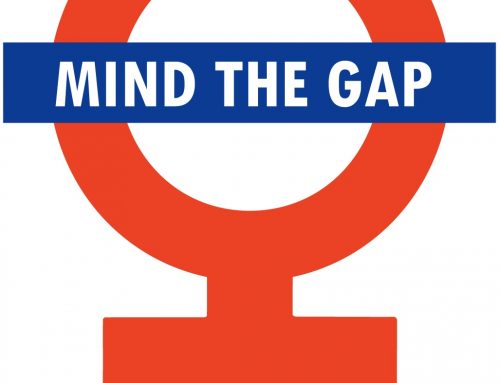 The concept of work life balance is one that often is bandied about, discussed on blogs, talk shows, and in magazines. Yet it seems that with all our chatter about this topic, we have it less than ever. Our lives are speeding up, powered by technology, fueled by 24/7 media, and we’re bringing our families along for the ride. Men are no longer the exception: they spend more time with their children than ever, 6.8-9.6 hours a week, compared to 3.7-4.5 prior to 1995 and do more housework. Children have full calendars between school and myriad activities. A good deal of column space has been devoted to the topic, but what do we actually DO about this problem? And make no mistake, it is a problem: sacrificing personal time for work or what has become the “work” of child rearing has serious implications for our physical and mental health.
The concept of work life balance is one that often is bandied about, discussed on blogs, talk shows, and in magazines. Yet it seems that with all our chatter about this topic, we have it less than ever. Our lives are speeding up, powered by technology, fueled by 24/7 media, and we’re bringing our families along for the ride. Men are no longer the exception: they spend more time with their children than ever, 6.8-9.6 hours a week, compared to 3.7-4.5 prior to 1995 and do more housework. Children have full calendars between school and myriad activities. A good deal of column space has been devoted to the topic, but what do we actually DO about this problem? And make no mistake, it is a problem: sacrificing personal time for work or what has become the “work” of child rearing has serious implications for our physical and mental health.
The first step may be to examine the core reason we continue to cultivate (however reluctantly) the culture of “busy-ness.” To have so many work responsibilities, kid activities, and social events is equated to feeling important, or relevant. And while we may resent our neighbor for all of the balls she is juggling, we feel that we must keep up with it, too. We fear that our children may get left behind if they are not exposed to as many opportunities as possible. Working women now spend more time with their children than stay at home mothers did a generation ago. Our expectations of ourselves have greatly exceeded those of previous generations. We must lean in, with a supportive spouse, while raising children in a hypercompetitive world, and look great while doing it, with clean and well-appointed homes. While Anne Marie Slaughter’s article certainly addressed the problem of “having it all,” we still have not accepted that we cannot have it all: or at least, all at once. Can we have a successful leadership career while raising children? Sheryl Sandberg says yes, but perhaps the more realistic scenario is yes, in an ideal world, with support systems in place that most of us can only dream of. It appears the trajectory of our current culture is taking its toll.
Brigid Schulte explores these trends in her new book Overwhelmed: Work, Love, and Play When No One Has the Time. In the book, Schulte describes research conducted at Yale University that shows that the prefrontal cortex in the brain, the area responsible for human intelligence, and what, essentially, distinguishes us from animals, actually shrinks in response to stress. Today, the average high school student experiences the same level of anxiety as the average psychiatric patient of the 1950s.[1]
So where does this leave us? Schulte, in an interview with The Atlantic, sees a few trends that may lead us away from the overwork culture: generational movements, particularly among millennials and boomers. Millennials, who have been raised in the “have it all/do it all” ethos causing this may be showing us a new way. Boomers, who are retiring, no longer want to work as many hours per week. Pressure from the top may help in this way. Schulte goes on to discuss greater awareness of the impact of stress on health, and institutional change, at government levels. All of these are plausible and possible, but without each of us, one by one, drawing a line in the sand, we will continue on in this vein of overwork and overstress. Just as this culture did not appear overnight, and just as it spread from peer to peer, so must we begin to dial back. Instead of reveling in the busy mantra, perhaps it would be okay to say, when asked what is going on this weekend, “Not too much.”
[1] ^ Sculte, Brigid. Overwhelmed: Work, Love, and Play When No One Has the Time. Sarah Crichton Books, New York, 2014. pp.56-57





